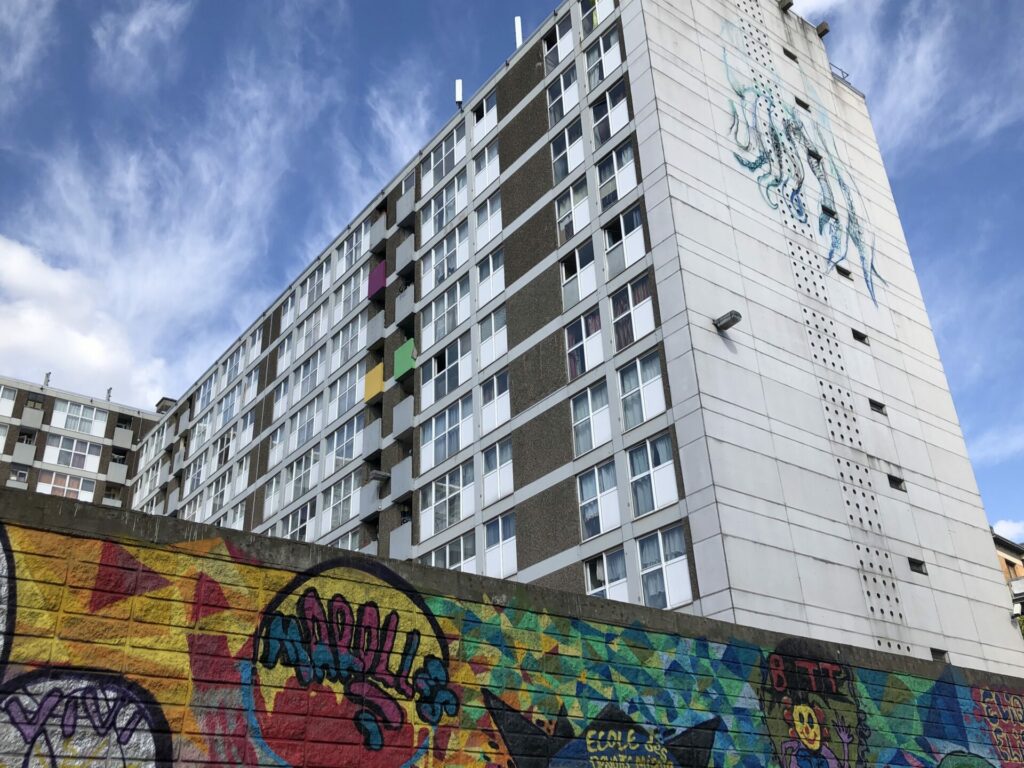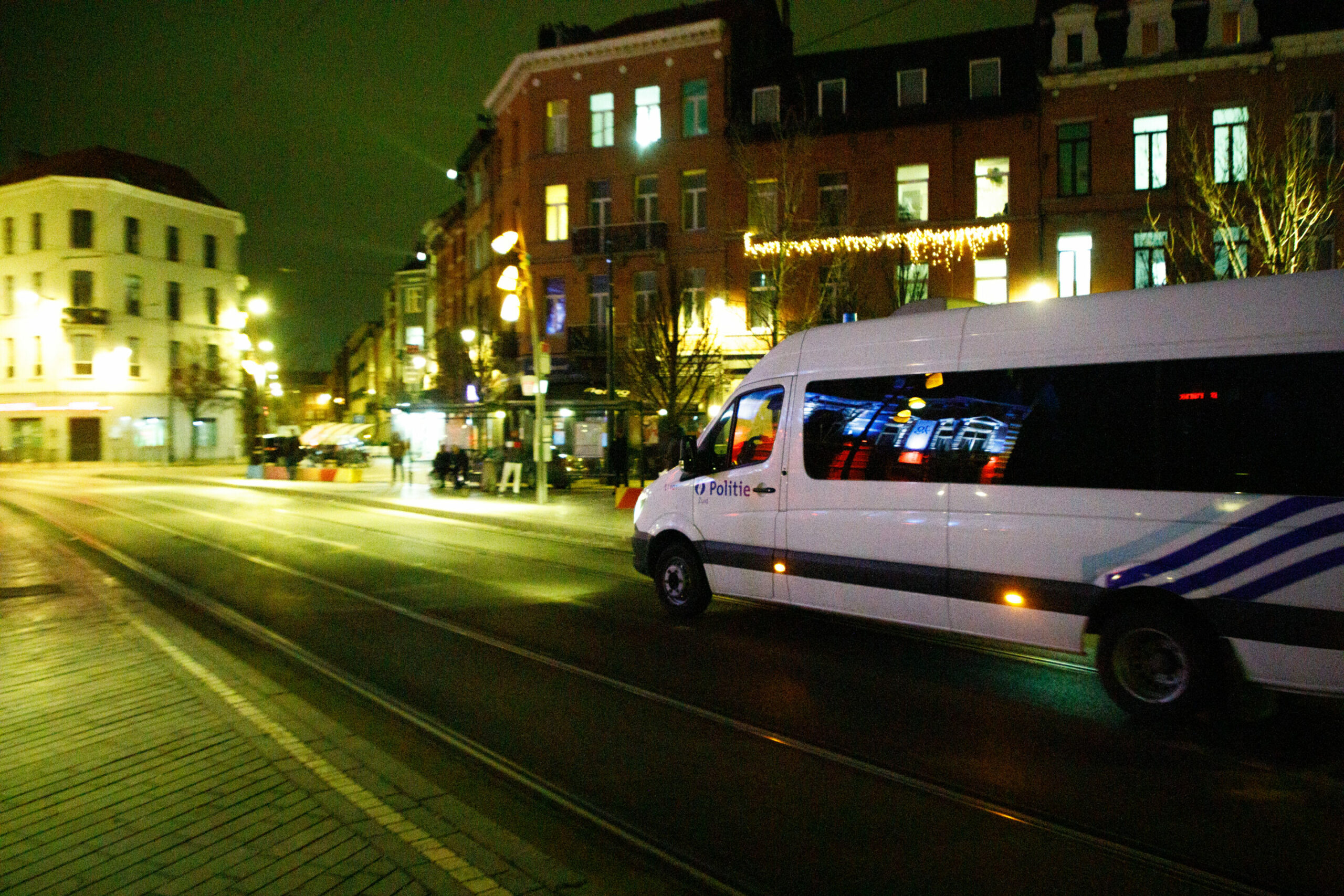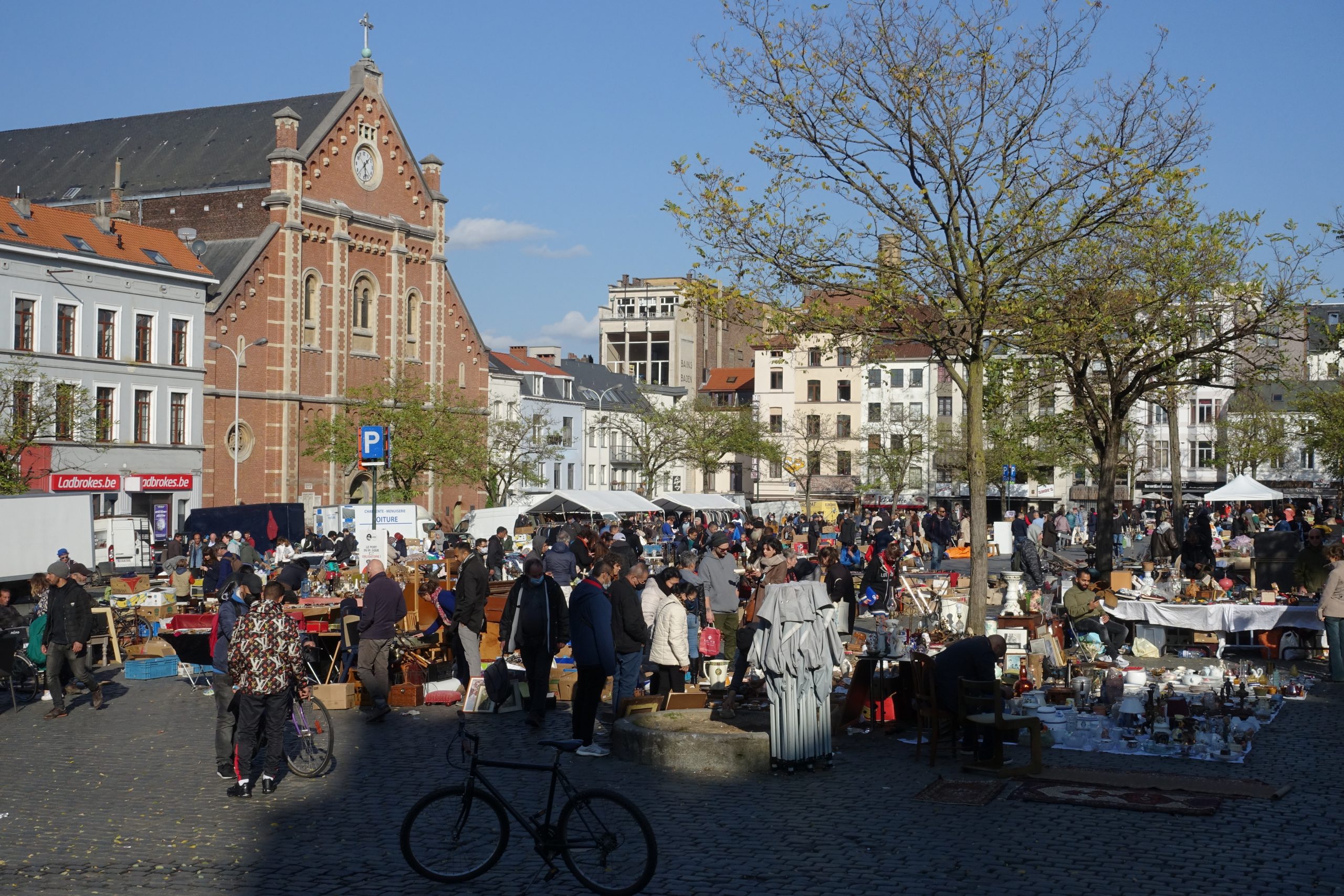Inspiring acts of defiance by Brussels youths against negative perceptions about working-class kids during New Year's Eve;
✔ Marolles youth served hot chocolate and waffles on New Year's Eve 2024
✔ Anderlecht imposed a controversial curfew for under-16s in Cureghem on New Year's Eve.
✔ Youth believe these curfews "reinforce a sense of injustice."
The working class youths who defied stereotypes on New Year's Eve

One group of motivated young people in the heart of Marolles spent New Year's Eve serving hot chocolate and waffles in a bid to defy negative stereotypes about working class neighbourhoods.
The commune of Anderlecht raised the ire of civil society when it announced a curfew for all under 16-year-olds in the Cureghem district on New Year's Eve. The measure aimed to prevent social disorder but was criticised as "discriminatory" against working class minors.
Over in the Querelle district of Marolles, a group of 20-something-year-olds decided to act in defiance of the policy they believe "reinforces a sense of injustice" among young people. Assisted by the non-profit organisation Entr'Aide de Marolles, 'Team Querelle' set up a stand and spent the evening distributing hot chocolate and waffles on 31 December 2024.
"Marolles is known for drugs and violence, and young people are affected by this view of their neighbourhood," Jean-Nicolas Kalitventzeff of Entr'Aide told The Brussels Times. "They want to improve this image, and on New Year's Eve, they decided to organise a convivial event without incidents, arguments or quarrels. Because there tends to be problems on this day of the year."
Bad behaviour on New Year's Eve
The management of these "problems" provoked public outcry ahead of the last day of 2024, when Anderlecht's decision to impose a curfew in Cureghem was challenged by social actors, academics and criminologists.
"A curfew is a measure is a sort of pre-emptive tool by which one considers being present in public spaces a crime, in this case, young people," VUB Criminology Professor Jenneke Christiaens told The Brussels Times in December. "Even before a crime has been committed, we are already effectively criminalising them, which I find very problematic."
Nevertheless, it was deemed proportionate by the Council of State when brought forward by human rights activists. It did, however, concede that Anderlecht Mayor Fabrice Cumps (PS) had exceeded his duties by imposing the curfew.

A police van in Cureghem. Credit: Belga/ Hatim Kaghat
Poverty and prejudice in Marolles
Not unlike Cureghem, the neighbourhood of Marolles has a long track record of poverty and accompanying prejudice.
The name 'Marolles' reportedly stems from a Spanish religious order named 'Mariam Colentes' who aided sex workers in the area. The working class population emerged next to a hospital for lepers (now CHU Saint-Pierre) and outside the city walls in the twelfth century.
The industrial revolution saw the proliferation of slums, with 4,000 people packed into 394 dwellings. Filthy conditions and overcrowding lead to disease, death and homelessness.

The flea market in the Marolles is popular throughout the year. Credit: Orlando Whitehead
Authorities finally addressed chronic health conditions in the late nineteenth century, when the first social housing of Brussels was built to tackle a range of public crises.
Despite the ongoing gentrification of Marolles today, social disparities have not abated, nor have classist prejudices. During local elections in October, the centre-right French-speaking party Mouvement Réformateur (MR) campaigned to end the "ghettoisation" of Marolles due to a concentration of social housing.
For Kalitventzeff, this term is a "bad word". "The term is stigmatising and only serves a political point," he said.
Perpetual discrimination is not taken lying down. Marolles also benefits from a rich network of social organisations and initiatives, and the New Year's Eve celebration is exemplary of local determination to counter negative stereotypes.
"I was very inspired one day when one of the young men said, 'If young people cause trouble in Uccle, we call it a crisis of adolescence. But if young people cause trouble in Marolles, we call it delinquency'."
